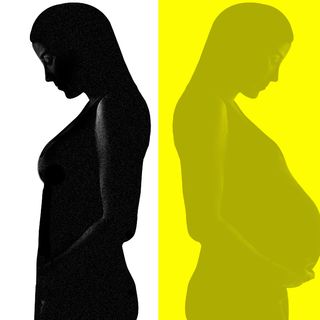Data on how Covid19 infections differ between men and women is notably absent, flags a new report by a research collaboration that has been aggregating sex-based data on the pandemic. Only around half of all the countries that account for the vast majority of Covid19 deaths include sex differences in their infection and fatality data.
Experts believe this data gap could jeopardize treatment and vaccine rollout plans.
“While data exists for other key characteristics such as age and pre-existing conditions, the availability of information that shows how men and women are affected by Covid19 is lacking. Without this, health authorities will not have the complete information needed to ensure that potential vaccination programs are effectively reaching all parts of the population equally,” Sarah Hawkes, PhD, a professor of global public health at University College London, said in a statement. Hawkes is a co-founder of Global Health 50/50, one of the organizations behind the report.
The report notes that for every 10 women who have died from Covid19, roughly 14 men have died. Research from as early as March has suggested a higher Covid19 mortality rate in men than in women. But sex differences in fatality rates aren’t consistent across countries. While global figures indicate that more men are dying due to Covid19, research has shown that in India, the death rate for women is higher.
This indicates there is not enough sex-specific data globally to confirm a sex disparity in fatality rates. In fact, according to the new report, the sex of roughly four in 10 Covid19 cases and three in 10 Covid19 deaths are unknown globally, according to the report.
Related on The Swaddle:
Only 1 in 3 Covid19 Research Papers Have Been Authored by Women: Study
Aside from a lack of infection and mortality numbers broken down by sex, a lack of research into sex differences in the experience and effects of Covid19 could have an adverse impact on pandemic treatment, recovery, and vaccination programs. A study published last month — which is yet to be peer-reviewed — found antibody levels decline faster in men in comparison to women, suggesting a potential disparity in the effectiveness of any vaccine.
“Mainstreaming gender is critical to addressing persistent inequities in immunization,” Anuradha Gupta, Deputy CEO of Gavi, the Vaccine Alliance, an international organization that seeks to improve access to immunization, said in a statement.
The lack of sex-specific research into Covid19 could affect women, too, with the potential for less effective treatments.
“Women are not just small men. We have different hormones [levels], smaller kidneys, and more fat tissue where drugs can accumulate…. There’s so many reasons why things can go wrong,” Dr. Cara Tannenbaum, a scientific director at the Canadian Institutes of Health Research, told The Guardian in September.
The new report is the work of three international organizations — Global Health 50/50, the African Population and Health Research Center, and the International Center for Research on Women (ICRW) — that have been collating gender-based data in the Sex-Disaggregated Data Tracker since mid-March.
“The data tracker has clearly demonstrated how gender-blind is the Covid19 response strategy world over…. Fragmented, inconsistent and in most cases, no data is likely to give rise to misgivings and generate wrong hypotheses. This certainly does not help advance evidence-based response strategies,” Ravi Verma, Regional Director of ICRW Asia, said in a statement.




